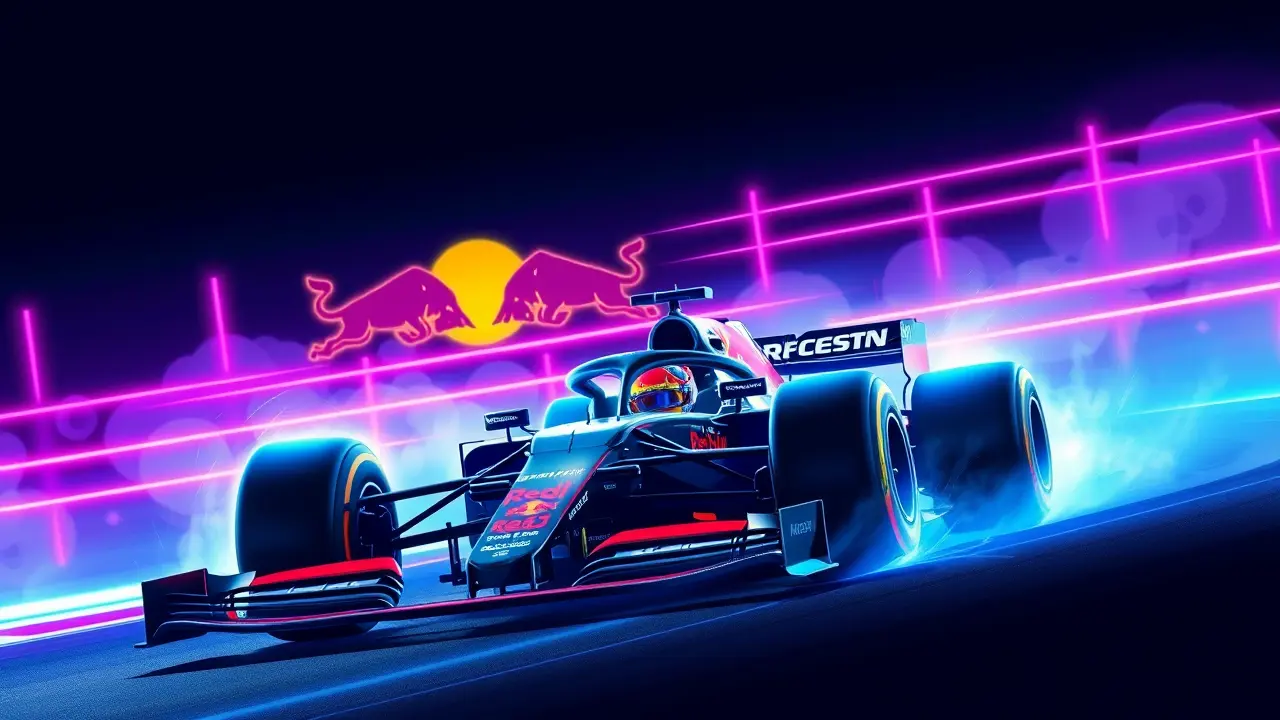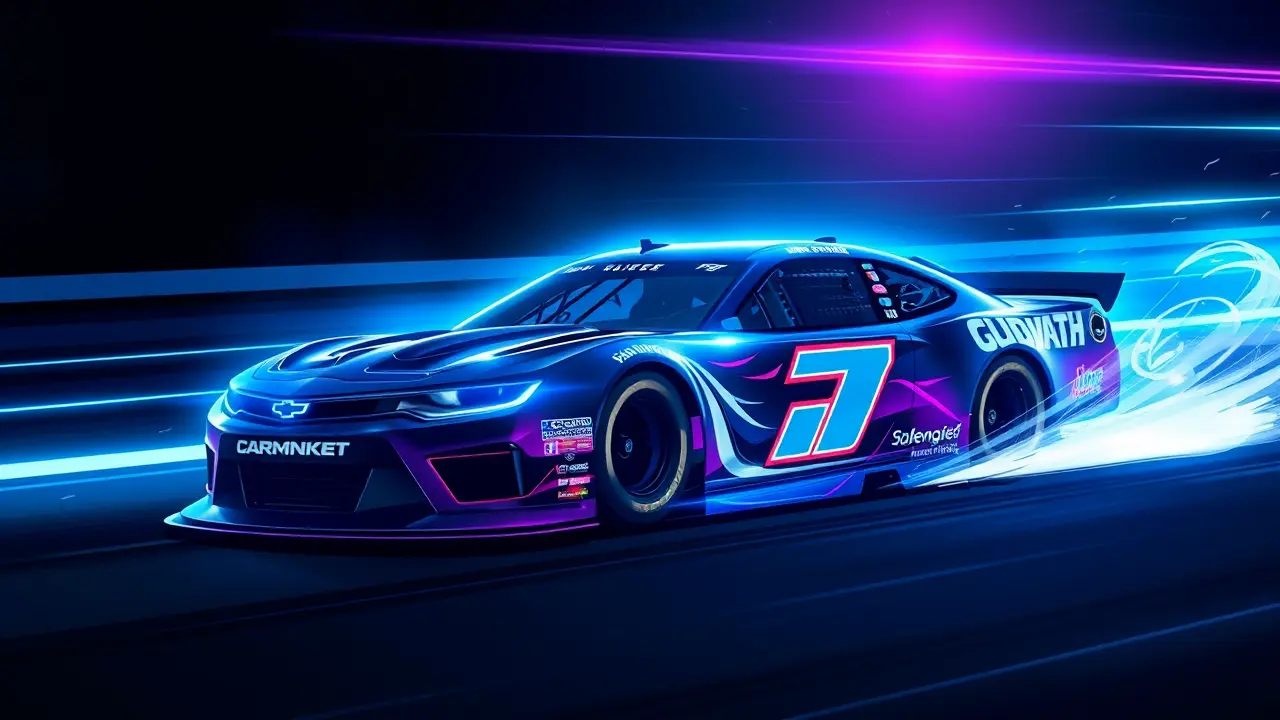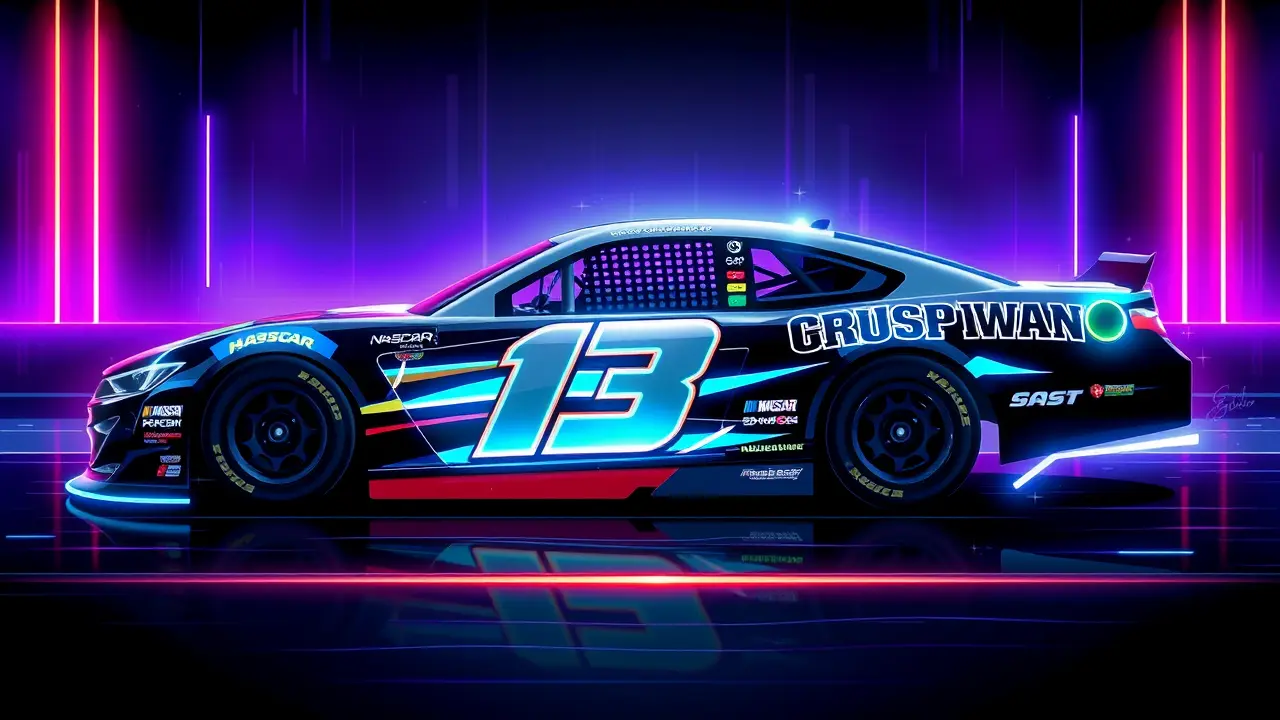
SportmotorsportFormula 1
Jacques Villeneuve on Red Bull's driver choice for Max Verstappen.
JA
Jack Turner
3 days ago7 min read
The perennial debate about who should occupy the coveted second seat at a top Formula 1 team has been reignited, and 1997 World Champion Jacques Villeneuve has thrown a compelling spanner in the conventional wisdom. In a refreshing take on Red Bull's ongoing dilemma of finding a stable, high-performing teammate for the seemingly untouchable Max Verstappen, Villeneuve argues that the team shouldn't feel obligated to chase an 'experienced' driver simply for the sake of it.This cuts to the very heart of a strategic conundrum faced by dominant teams throughout F1 history: do you pair your superstar with a known quantity, a steady hand to gather consistent constructor points, or do you gamble on raw, unproven talent that could either explode onto the scene or crumble under the immense pressure? Villeneuve, never one to shy away from a controversial opinion, posits that not all experience is created equal. 'We always say a team needs experience – and I agree that is true, but the team needs a driver with *positive* experience,' he stated, drawing a crucial distinction that many team principals often overlook in their risk-averse calculations.'You could be racing for 20 years – the question is, how successful was your experience? If a driver wasn't good enough, he won't help the team understand the new regulations better. He won't help you with car development, with testing.So why would you put a driver in your car who isn't good enough?' This is a direct challenge to the established pecking order and a bold endorsement of the potential he sees in Red Bull's junior program, specifically in the highly-touted Isack Hadjar, who is widely speculated for a promotion next year despite the lack of official confirmation. Villeneuve's logic is reminiscent of football analytics, where a young, dynamic player from La Masia can sometimes offer more to a team like FC Barcelona than a seasoned veteran past his prime; it's about the energy, the new perspective, the hunger that can invigorate an entire organization.He elaborates, 'In that case, it's better to put a rookie or a less experienced driver in the car. Take someone who has a chance to bring something new to the team – energy, a different way of looking at things.' This philosophy has precedents. Look at the impact a young Lewis Hamilton had at McLaren alongside Fernando Alonso, or how Charles Leclerc's arrival at Ferrari shifted the team's dynamic.It’s a high-stakes gamble, but one Villeneuve clearly believes is worth taking, especially when the alternative is a mediocre driver with a long CV. The pressure of being Verstappen's teammate is a unique and brutal crucible, as evidenced by the struggles of Pierre Gasly and Alex Albon, both of whom were seasoned in the junior categories but needed time away from the spotlight to rebuild their careers.Would a rookie handle it any better? Or does their lack of baggage and lower initial expectations create a more fertile ground for growth? This isn't just about one seat at Red Bull; it's a microcosm of a larger debate about talent evaluation, team dynamics, and how to build a winning formula around a generational talent. Villeneuve, with the authority of a champion, is advocating for a leap of faith, for prioritizing potential and mindset over a simple tally of race starts. In the high-octane, data-driven world of F1, that’s a powerfully human argument.
#Formula 1
#Red Bull
#Jacques Villeneuve
#Max Verstappen
#driver lineup
#rookie
#experience
#featured
Stay Informed. Act Smarter.
Get weekly highlights, major headlines, and expert insights — then put your knowledge to work in our live prediction markets.
Related News
Comments
It’s quiet here...Start the conversation by leaving the first comment.
© 2025 Outpoll Service LTD. All rights reserved.

